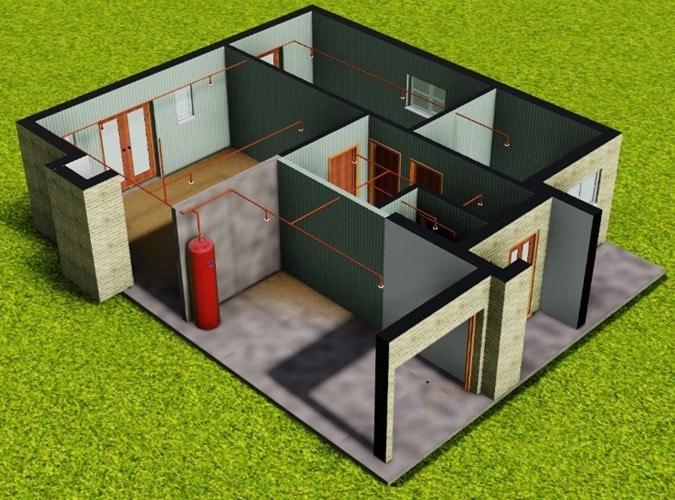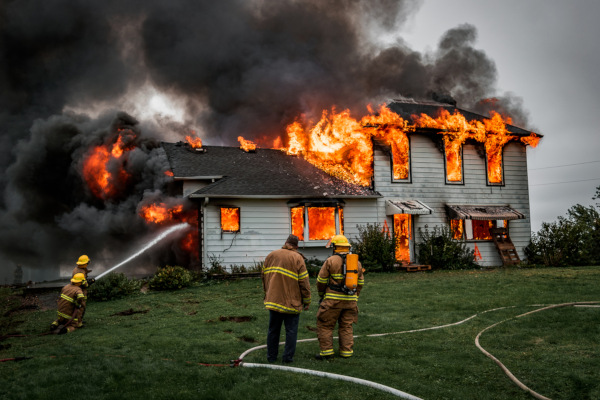Fire incidents are a terrifying prospect for any homeowner. Within minutes, a small flame can evolve into a devastating blaze, causing irreparable property damage and risking lives. However, modern technology and smart planning have provided an effective solution in the form of fire suppression systems. Not only do these systems protect your home and possessions, but they can also save lives during a fire. This article will delve into the importance of these systems and how they work in the event of a fire.

Understanding Fire Suppression Systems
Fire suppression systems are designed to detect and quell fires in their early stages, minimizing damage and ensuring the safety of occupants. They range from fire sprinkler systems to gas-based systems, each with its unique modes of operation. A common household system is the fire sprinkler system, which releases water when the attached sensors detect a certain level of heat indicative of a fire.

Acting Early to Save Your Home
In the unfortunate event of a fire, the speed of response is critical. Fire suppression systems provide the fastest possible response, often detecting and reacting to a fire before the occupants are even aware of it. By releasing water or fire-suppressing agents, they halt the fire’s spread, reducing property damage. Even if the fire is not completely extinguished, the system buys valuable time for firefighters to arrive and control the situation.

Saving Lives Through Fire Suppression
The most significant benefit of a fire suppression system is its ability to save lives. According to the National Fire Protection Association, the risk of dying decreases by about 80% when sprinklers are present. Here’s how these systems achieve this remarkable feat:
- Early detection and action: Fire suppression systems detect abnormal heat levels or smoke and act immediately. This early response prevents the rapid spread of fire, giving occupants more time to escape.
- Alarm activation: Many fire suppression systems also trigger an alarm when activated, alerting the inhabitants and increasing the chances of safe evacuation.
- Reducing the heat and smoke: Fire isn’t the only deadly factor in a fire; extreme heat and smoke inhalation cause many fire-related fatalities. By controlling the fire early, suppression systems reduce the heat and smoke produced, making escape more likely.
- Limiting the fire spread: By controlling or extinguishing the fire in its early stages, the system stops the fire from spreading to other parts of the house, saving lives and reducing property damage.
Conclusion
Installing a fire suppression system in your home isn’t just a wise decision; it’s a potentially life-saving one. These systems not only protect your property but more importantly, they provide an early warning and firefighting mechanism that can save the lives of your loved ones. A fire suppression system is an investment in safety that every homeowner should consider.


